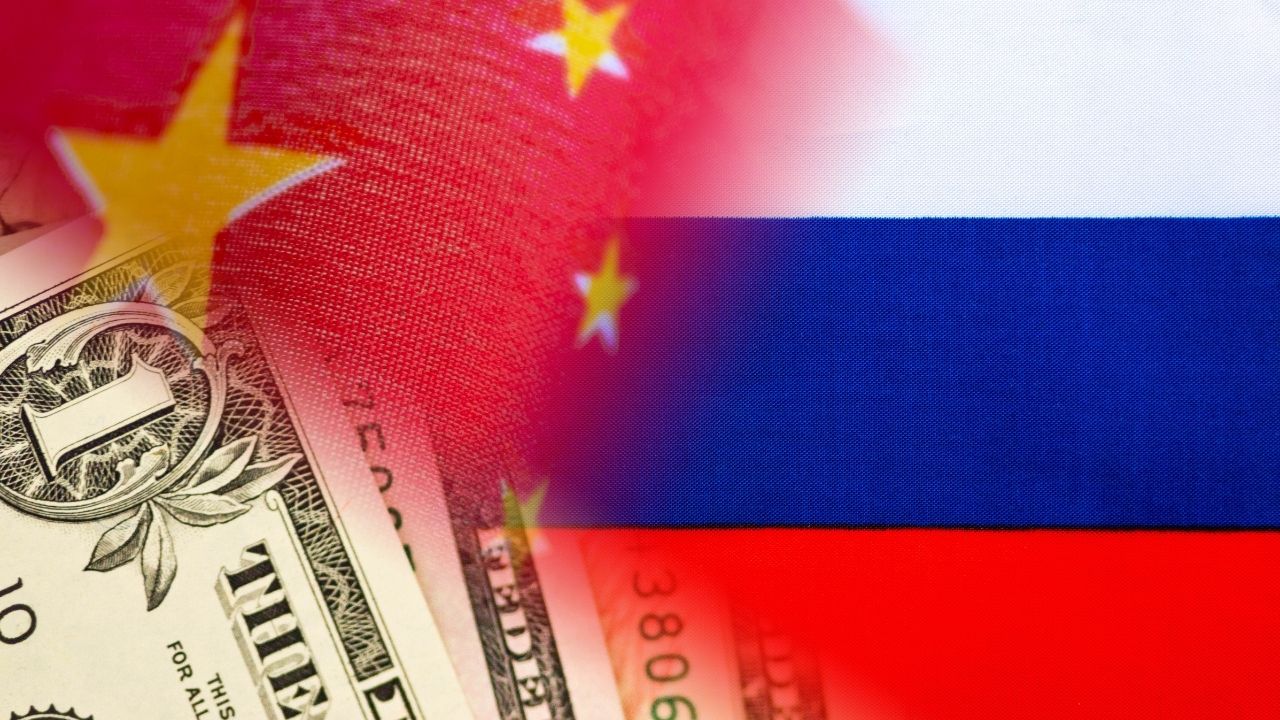Date first published: 08/03/22
Key sectors: all
Key risks: economic risks; sanctions
Risk development
13 days into the conflict, Russia’s invasion of Ukraine has put Chinese President Xi Jinping in an awkward position amid strong ties with both countries, while posing a real danger to China as a whole. What does the conflict mean for China and how is its position likely to evolve?
Why it matters
Politically, China’s position in the conflict matters because of the strategic partnership between Beijing and Moscow and the personal ties between Xi Jinping and President Vladimir Putin – the two have met nearly 40 times since 2013. It is precisely this close alignment that makes Beijing an ideal partner to mediate in and deescalate the conflict, but this has also sparked criticism towards China’s refusal to condemn Russia’s invasion as it attempts to balance mutually incompatible objectives.
In the past weeks, Beijing has struggled to reconcile its burgeoning relationship with Moscow and its long-standing foreign policy principle of non-interference and respect for sovereignty and territorial integrity. This was clearly illustrated in some of the points raised by the Chinese Foreign Ministry. Beijing was critical of NATO’s expansionism that undermined Russia’s legitimate security concerns as a major trigger of the conflict, while simultaneously calling for the preservation of territorial integrity and sovereignty of all countries, including Ukraine.
Economically, China’s compliance with international sanctions would have immense impact on the country. There remains a risk that China could become the target of sanctions, either indirectly or through the adoption of secondary sanctions, should Western countries conclude that Beijing is deliberately undermining sanctions in order to maintain its close relations with Moscow. At the moment, it appears China intends to protect its financial institutions following announcements that state-owned banks, including the Bank of China and Industrial and Commercial Bank of China (ICBC) will restrict credits and transactions for Russian commodity imports. Potential sanctions against China could be devasting as a bulk of Chinese financial activities still overwhelmingly occur in dollars and euros. Moreover, despite calls for self-reliance, China’s high-tech sector still heavily relies on imported semiconductors. For these reasons, China is likely to comply with international sanctions, at least minimally.
Background
Since Russia’s invasion began on 24 February, much of the global attention, aside from the war itself, has centred around China. As a close partner of Russia, China has appeared to lean towards its northern neighbour. Other than issuing rhetoric support for Ukraine’s territorial integrity and sovereignty, Beijing has been reluctant to back Western sanctions, while tacitly providing diplomatic cover at the UN – China abstained from both UN Security Council and UN General Assembly vote on a draft resolution that condemns Russia’s invasion. Nonetheless, China’s influence on what happens in Ukraine is key.
Risk outlook
The Ukraine crisis could be a turning point in history that could thwart Beijing’s ambition to become a superpower. As there is already a growing consensus in the West that Washington and Beijing are engaged in a strategic competition for outright power and influence, what is happening in Ukraine is likely to intensify this competition by forcing the West to double its effort to contain China, creating further uncertainties and instability. It is likely that Beijing could facilitate a de-escalation of the conflict, though this is likely to be on Chinese terms. The risk of sanctions against China remains elevated given its ties with Moscow.



